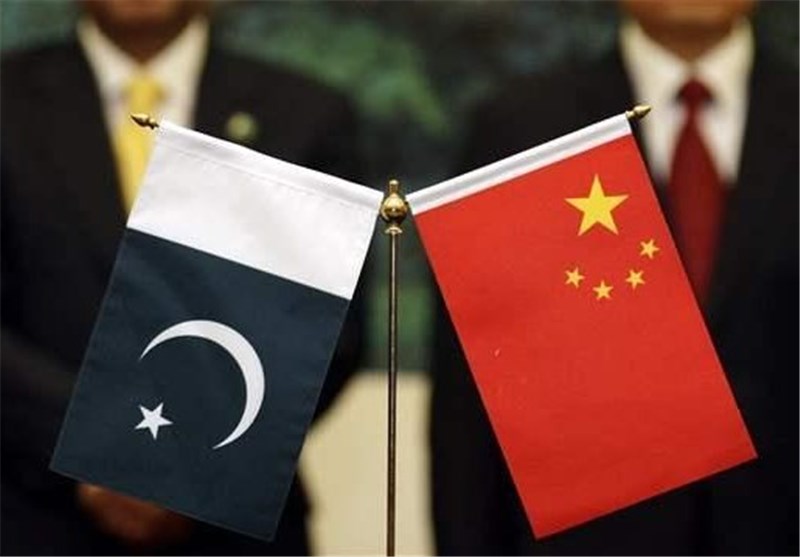On Saturday, Power Minister Awais Leghari announced that the federal government has initiated a review of the terms for Chinese independent power producers (IPPs) regarding debt restructuring and coal sourcing.
Last month, Islamabad requested Beijing to switch coal-based projects to use local coal and to restructure over $15 billion in energy sector liabilities. This move aims to create fiscal space amid challenges with timely repayments.
Finance Minister Muhammad Aurangzeb reported that discussions have been held on converting Chinese power projects to local coal and addressing technical, logistical, and financial aspects of this transition.
Leghari has previously stated that this shift would benefit Chinese-owned plants in Pakistan by alleviating pressure on foreign exchange reserves, easing dividend repatriation, and improving returns in dollar terms.
He also noted that the transition could save Pakistan over Rs200 billion annually in import costs, potentially reducing electricity prices by up to Rs2.5 per unit.
In an interview with Voice of America earlier this week, Leghari mentioned that China, similar to the International Monetary Fund (IMF), is seeking broader reforms from Pakistan.
He emphasized that Pakistan is already undertaking comprehensive economic and power sector reforms as requested by both China and the IMF.
Leghari reassured that the process would be mutually beneficial, dismissing concerns about reduced savings for Pakistan due to potentially higher profit margins for Chinese investors. He stressed that without such margins, investment and lending would be hindered.
The power minister acknowledged the need to reassess the terms and conditions with Chinese IPPs, highlighting an “overwhelming response” for technical and financial feasibility studies on coal conversion and debt reprofiling.
Expanding on his VOA interview, Leghari informed Dawn.com that the review process, in collaboration with the Chinese government, has already begun. The focus is on evaluating the entire power sector’s generation, including both IPPs and government-owned plants.
Leghari, who is leading a newly formed task force for this study, noted that experts are involved in the review. He reiterated that investments from Chinese IPPs and the China-Pakistan Economic Corridor (CPEC) were made under government-to-government (G2G) agreements.
The review will address two key areas: debt restructuring and the transition from imported to local coal. Working groups have been established to conduct these studies, with the aim of reducing the cost of energy production using local coal resources.










